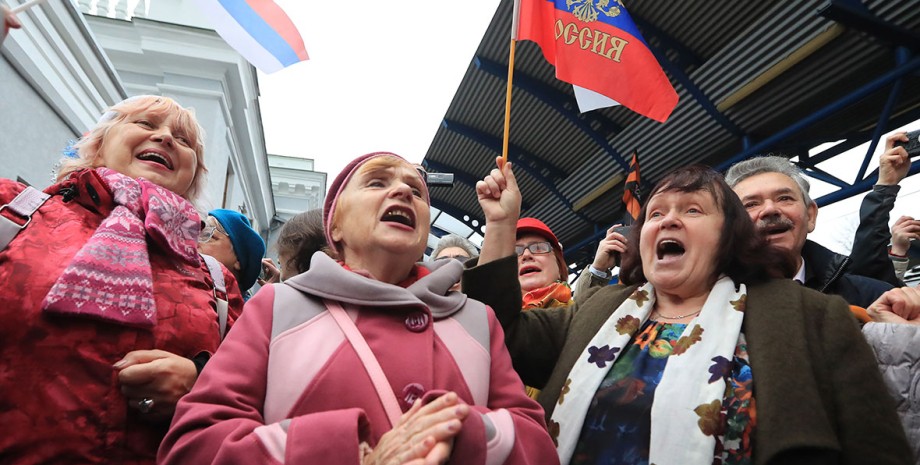
As specified, the decline has been recorded, even despite the records of the census that increased the number of Russian citizens at the beginning of last year by 1. 4 million people. According to statistics, the urban population of the aggressor country is estimated at 109. 6 million, rural-36. 8 million citizens. Russian statistics talk about the rapid reduction of Russians for the fifth consecutive year.
Thus, in 2018, the population decreased by 100 thousand, in 2019-by the same 100 thousand, in 2020-by 500 thousand and in 2021-by 600 thousand. In the aggressor country, the demographic situation is sharply explained by low birth rates. Thus, in January-November last year, the number of children born in Russia decreased by 6. 8%-to 1. 2 million against 1. 3 million in the same period of 2021. Today, in Russia, in a relative dimension, the birth rate of 100 thousand population is only 9.
8 children - these are the minimum figures since 2001. A year ago, a record reduction of 600 thousand was associated with high mortality from the Covid-19. According to the demographer of the Gaidar Institute Igor Efremov, if the war in Ukraine continues, the birth rate in Russia will be the lowest since the late 1990s. He is convinced that the number of children born will fall to a million, reports The Moscow Times.
The site also states that statistics from the occupied territories of Ukraine - Kherson, Zaporizhzhya, Donetsk and Luhansk regions have not yet been taken into account. Recall that last summer the director of the Institute of Demography and Social Research of NAS of Ukraine. Ella Libanova's birds told in an interview with "public" that Ukrainians with higher education who have gone to other countries can find good work abroad and are unlikely to return home.










All rights reserved IN-Ukraine.info - 2022